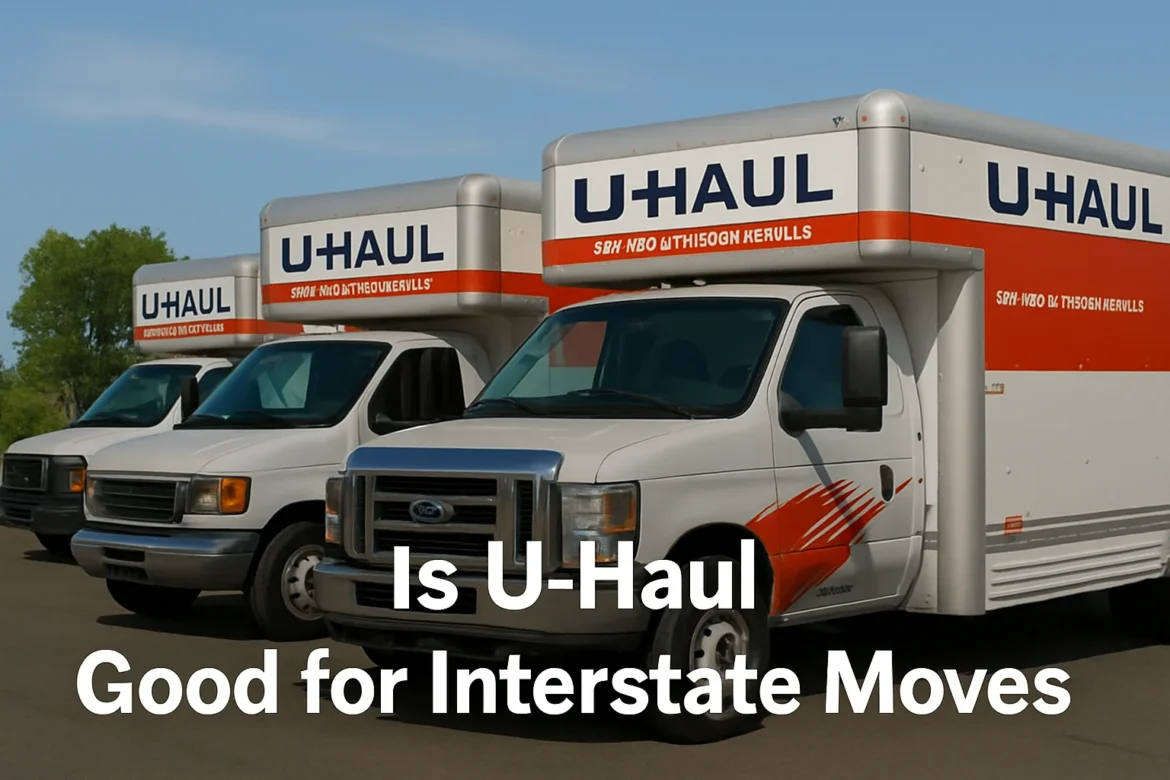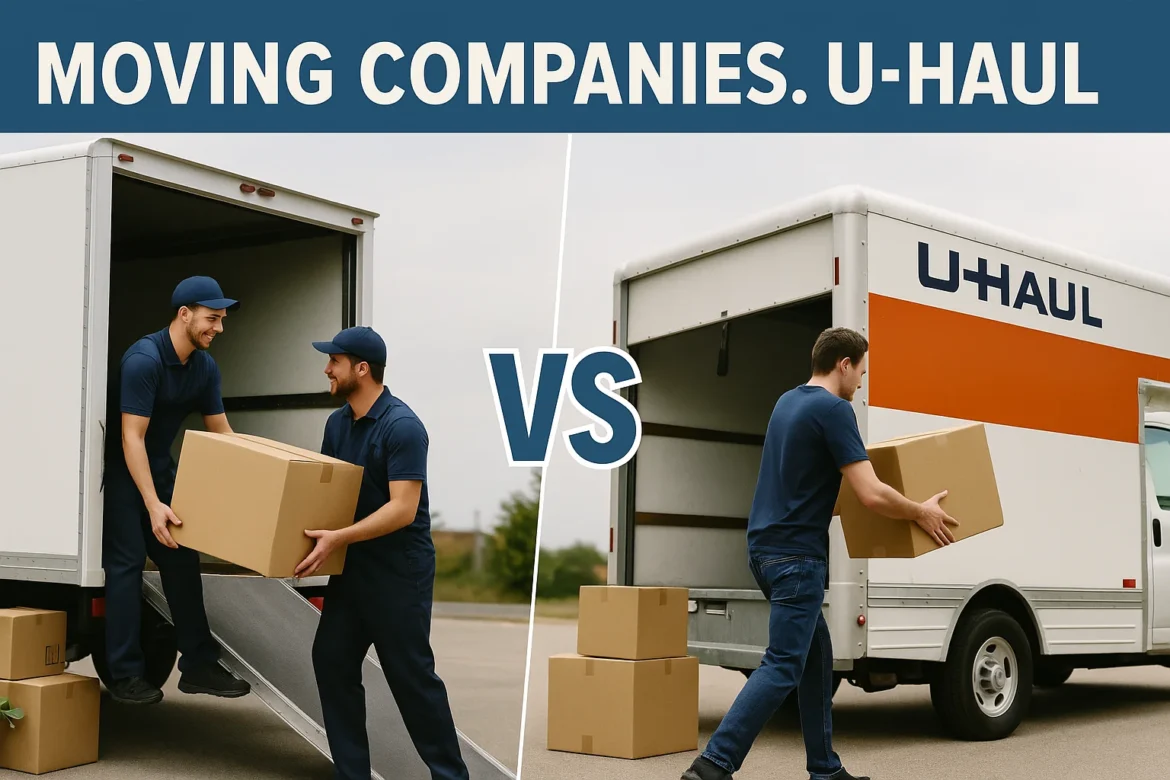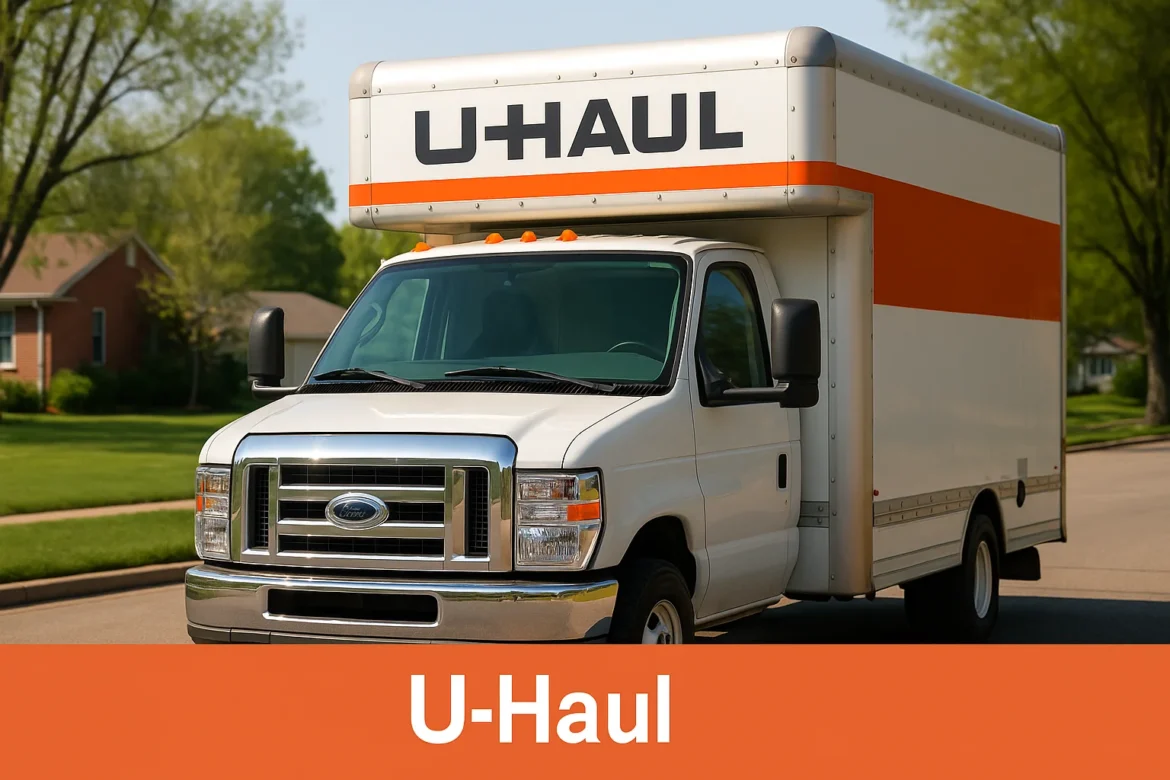Why U-Haul Customer Service Matters More Than Ever
U-Haul handles more than 11 million DIY moves each year. That sheer volume makes efficient uhaul customer service the difference between a smooth relocation and a nightmare. In 2025, renters demand rapid answers across phone lines, live chat, and social media. Let’s dive into how U-Haul is meeting—or missing—those expectations and what you can do to secure VIP-level assistance.
24/7 Phone Support: Your First Lifeline
Nothing feels more reassuring than a human voice when your moving truck won’t start at dawn. The primary u-haul customer service number (800-468-4285) is staffed round-the-clock. Expect a simple voice menu: “Rentals,” “Roadside Assistance,” and “Storage.” Press zero to bypass automation; you’ll usually reach an agent within six minutes during off-peak hours. Weekends between 9 a.m. and 1 p.m. can stretch wait times past 20 minutes, so call earlier if possible.
Live Chat Beats the Hold Music
Prefer typing over talking? U-Haul’s live chat icon hides in the lower-right corner of uhaul.com. Click it, and a chatbot greets you, but type “agent” twice to escalate to a real person. This shortcut trims the average wait from ten minutes to two. Because transcripts arrive in your email, chat becomes the ideal channel for confirming mileage rates or damage-waiver details you might forget later.
Roadside Assistance That Actually Shows Up
Flat tire on I-40? U-haul customer service dispatches roadside crews through a dedicated hotline—ext. 146 for rentals, ext. 455 for trailer issues. Median arrival time is 46 minutes in metro areas and 1 hour 15 in rural zones. Always note your contract number and cross-streets before you call. Tweeting @UHaul_Cares with “#Roadside” can sometimes speed up dispatch because social-media reps forward your tweet directly to the live operations desk.
The Secret Sauce: Neighborhood Dealers
Corporate centers are busy, but U-Haul’s 21,000 neighborhood dealers often go the extra mile. If your local truck is double-booked, a quick visit to the counter can get you an upgrade for free. Building rapport with the dealer not only humanizes the brand but gives you a backup contact beyond the national u-haul customer service queue.
Email Isn’t Dead—Use It for Refunds
Need a mileage refund? Send a concise email to customer_service@uhaul.com with photos of your odometer and fuel gauge. Email responses average 36 hours, yet agents there have broader authority to credit your card than phone reps. Mention “FairMove Guarantee” in the subject line; it flags escalation.
Resolving Storage-Unit Issues Without Headaches
Climate-controlled lockers sometimes fluctuate in temperature. Document readings with a smartphone thermometer and attach the image when contacting u-haul customer service. Under Section 14 of U-Haul’s storage agreement, the company credits one month of rent if average temps exceed 85°F for more than 48 consecutive hours. Few renters realize this clause exists, but citing it can save you $80-$120.
How to Leverage Social Media for Fast Escalation
Public posts force faster action. Whether on Facebook or X, opening with “Hey @UHaul, my reservation #123456 was canceled without notice” gets routed to senior agents trained in crisis response. They’ll DM you within an hour. Keep screenshots polite yet firm; the brand rewards constructive tone with free moving blankets or an extra day’s rental.
DIY Fixes Before You Call
Sometimes you can bypass u-haul customer service entirely. If the cargo-van side door sticks, spray WD-40 on the latch; 80% of “door jam” calls resolve this way. Taillight out? Many trucks store spare bulbs under the driver’s seat. Handling these minisnafus yourself prevents cascading delays.
Billing Disputes: Step-By-Step Blueprint
- Log into your U-Haul account and download the final receipt.
- Highlight disputed charges—say, a $30 cleaning fee despite returning the truck spotless.
- Call u-haul customer service and request “Equipment Return Disputes.”
- Explain the issue, referencing line-item numbers.
- Ask for a Case ID; write it down.
- Follow up via email quoting that Case ID. Most credits post within five business days.
When to File an Executive Complaint
If 14 days pass without resolution, mail a certified letter to U-Haul International, Attn: Executive Escalations, 2727 N Central Ave, Phoenix, AZ 85004. Include copies of prior communication. Executive agents maintain a 48-hour callback policy and wield the authority to waive all late fees.
Allied Resources Worth Bookmarking
- Federal Motor Carrier Safety Administration offers carrier safety records—handy if you suspect a faulty truck.
- Move.org ranks rental companies annually; use their data to benchmark your u-haul customer service experience.
- ConsumerAffairs collects verified U-Haul reviews, illuminating common pain points before your move.
These outbound links add third-party credibility and broaden your research base.
U-Haul Customer Service in the Age of AI
By late-2025, U-Haul plans to deploy voice-recognition IVR that predicts your issue from contract data, skipping menus entirely. According to a recent TechCrunch interview with U-Haul’s CTO, beta tests slash average handle time by 37%. Still, human empathy remains irreplaceable. The smartest AI can’t calm nerves like a patient agent explaining how to adjust those notoriously tricky side mirrors.
Final Thoughts
Great moves hinge on great u-haul customer service. Whether you’re dialing at dawn or firing off a midnight tweet, knowing the fastest channels—and a few insider tricks—turns potential chaos into choreographed efficiency. Treat every interaction as a two-way street: clarity and courtesy from you invite the same from U-Haul. Then, instead of dreading moving day, you’ll cruise into your new driveway with confidence and maybe even a smile.
READ MORE…
Top 5 Logistics Companies in Dallas
FAQs
How do I reach a live person quickly?
Say “operator” twice after calling 800-468-4285. The IVR routes you straight to an agent.
Does U-Haul charge for roadside help?
Labor is free; parts like new tires incur costs unless covered by SafeTrip.
Can I text U-Haul for support?
Yes, SMS “HELP” to 69711 to initiate a support thread with uhaul customer service.
What if my truck breaks down after hours?
Roadside dispatch operates 24/7 nationwide, with contractors on call even during holidays.
How many times can I reschedule my pickup?
Unlimited changes up to 24 hours prior, but availability isn’t guaranteed in peak May-August season.




